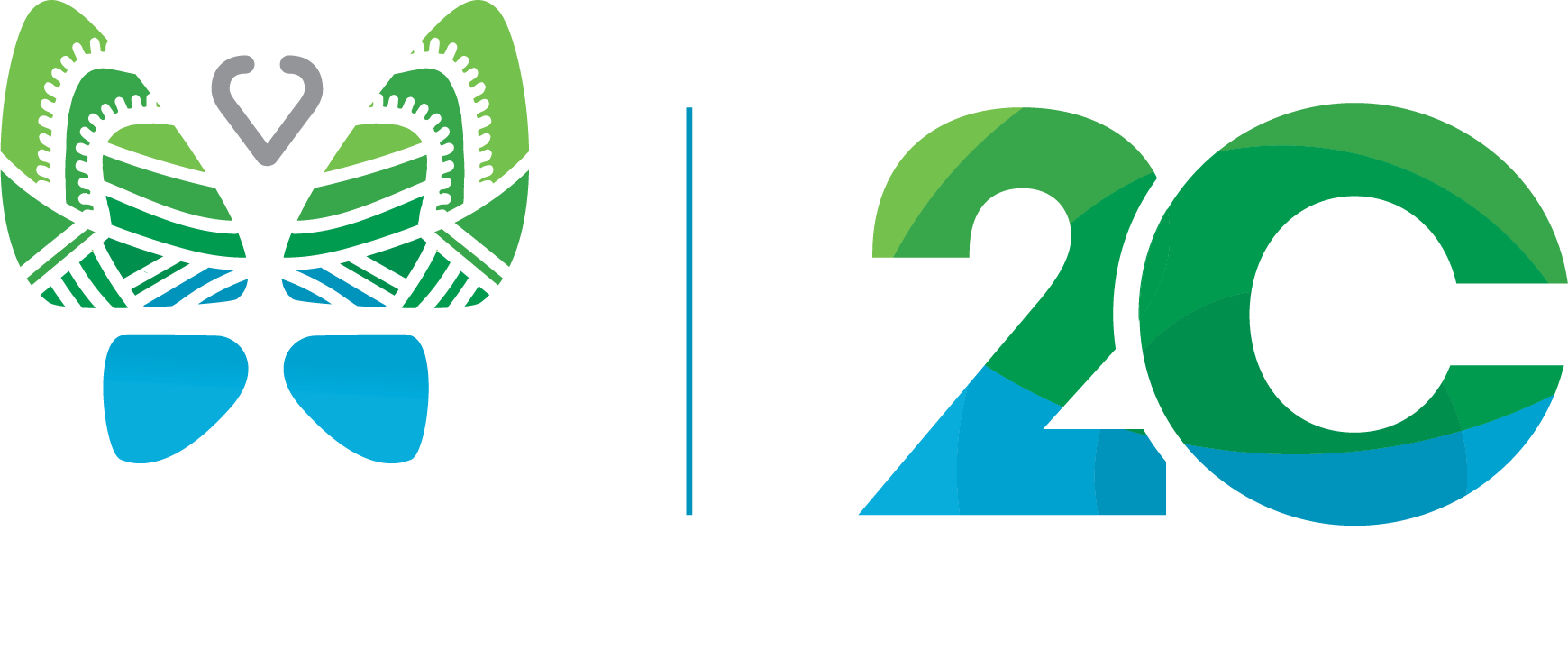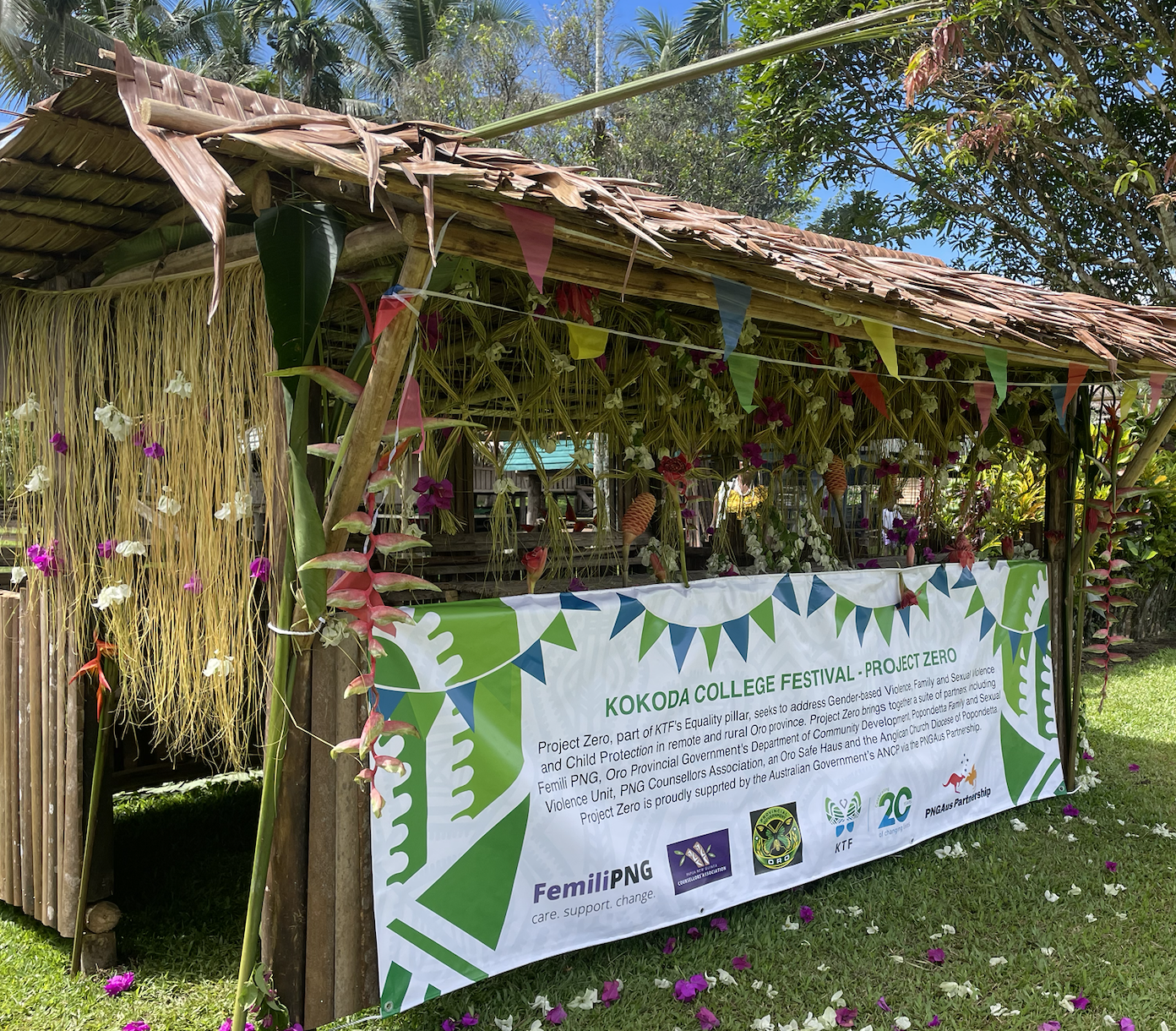project zero
It is often cited that
“PNG is one of the most dangerous countries in the world in which to be a woman or girl.”
We want to help change that.
Project Zero has one goal - to protect the most vulnerable in our communities, especially women and girls. Project Zero envisions for all people to live safely in their homes and communities and for children to grow and develop in safe and secure environments.
Project Zero aims to do this by specifically addressing the following issues through prevention and response:
Gender-based Violence
Family and Sexual Violence
Child Protection
Disability, equity and social inclusion
Through prevention and response, Project Zero fosters upskilling of service providers and communities, implements awareness-raising, strengthens referral pathways, enhances localised collaboration, and empowers stakeholders to provide psychosocial support to survivors in Oro Province.
Since 2020
In response to the ongoing high prevalence of gender-based violence and violence against children, teachers and health workers (as part of KTF’s Education and Health programs) were extending their roles to prevent and respond to cases in Oro Province, the urgent need for a dedicated initiative was looming. Similarly, one of the critical impacts of emergencies, including health emergencies such as COVID-19, is that women and children become less safe in their homes. In the midst of a global pandemic, access to information, referral pathways and support was more critical than ever; starting mid-2020, Project Zero could not have commenced at a more critical time.
Since then, Project Zero has had a significant impact as showcased in Project Zero’s external evaluation in 2023. This external evaluation and critical consultations with partners led a new phase of Project Zero from mid-2023.
Service Provider & Community Education
Community awareness activities and training is vital to the project.
Workshops providing in-depth information on Family and Sexual Violence, Gender-based Violence and Child Protection including sensitisation on the laws, referral pathways and upskilling first responders has been delivered to an array of stakeholders including government, law and justice, teachers, health workers, church representatives, women’s leaders, and KTF’s Kokoda College.
For widespread impact, the information shared at these workshops must echo to women and men across Oro province. Femili PNG’s outreach team also delivers family and sexual violence awareness-raising sessions to schools, business, communities and health facilities in rural and remote locations, reinforcing messaging and reaching thousands of participants to become advocates for change.
In partnership with PNG Counsellors Association, the first-of-its-kind counselling training has been delivered in Oro Province. Since 2023, we’ve successfully trained 51 dedicated stakeholders in 10-days of Basic Counselling training. This critical training compliments participants efforts to address GBV in their profession and uplift their communities.
Partnering for a common goal
Bringing together a suite of organisations, in an innovative and first of its kind partnership in Oro Province, Project Zero is a partnership between KTF and the Oro Provincial Government including Popondetta’s Family and Sexual Violence Unit (FSVU) and the Oro Provincial Administrator’s Division of Community Development. We also work closely in partnership with Femili PNG and PNG Counsellors Association. Additionally, the Anglican Church and Esmie Sinapa Development Consultants. Previously partnering with CIMC-FSVAC.
Project Zero aims to challenge and shift anti-social behaviours and norms that do not keep women and children safe in their homes and communities. The more informed a community is, the safer that community becomes for women and children. Project Zero’s aim is to make Oro Province a safer place for all through critical awareness, strengthening of referral pathways and responding to survivors needs.
Safe House
Project Zero supports a Safe House in Oro Province. The Safe House provides refuge for women and children seeking refuge from violent relationships and situations across Oro Province.
Oro’s Safe House is much more than crisis accommodation
It's important to note that leaving a violent relationship can be very difficult and dangerous. When survivors come to the Safe House, they require a range of support. The Safe House provides survivor-centred support services to empower survivors such as counselling support, assistance with medical and legal help, access to referral pathways, and building of life skills. The minimum stay at the house is two nights, with some survivors reside for months while seeking justice pathways and a long-term accommodation solution. Not only does the Safe House provide a lifeline for survivors, but also plays a key role in raising awareness of family and sexual violence in the community.
Legal & Health support
Survivors of violence are often criticised for speaking up about the abuse they experienced, and less likely to turn to the legal or health system, as they may be unaware of their rights and fear disclosing their trauma to a health professional. Oro’s Safe House can connect survivors with police, offer basic legal advice and assist with filing protection orders. Survivors also have access to the local health centre, referrals to Community Development and FSVU. Referral pathways and resources are limited, however the safe house advocates for survivors with the services available.
Counselling
Survivors of violence often experience trauma, anxiety, depression, and other mental health issues as a result of their experiences. Counselling is an important part of the healing process. It can help survivors to work through the trauma of their experiences, rebuild their lives, and move forward towards a healthier and more positive future.
Building life skills
Through the Lukautim Wantok initiative, funded by Web of Hope, the Safe House works with survivors to empower them, by building their financial literacy, their life and personal skills, and to learn a skill around income generating opportunities to prepare for a new start in a safe location. Once the survivor is seeking reintegration or repatriation, survivors are provided with a take-home kit to restart their lives for economic empowerment.
Stay up to date with the latest news for Project Zero:
Project Zero is supported by the Australian Government through the Australian NGO Cooperation Program (ANCP). An expansion of Project Zero, Lukautim wantok, is funded by Web of Hope.











